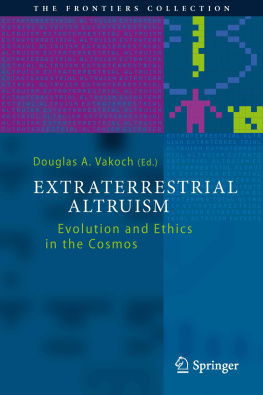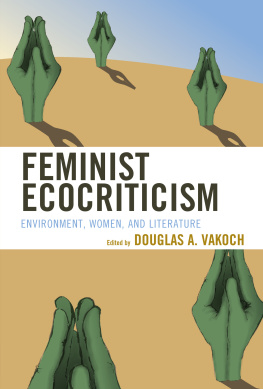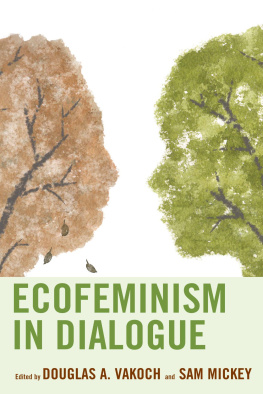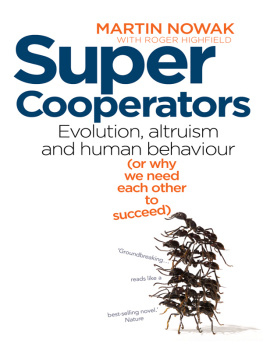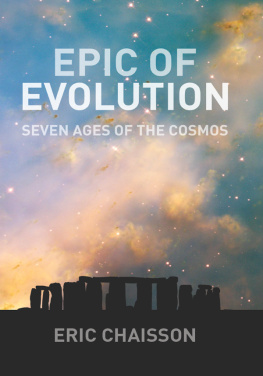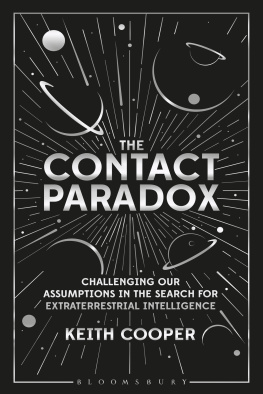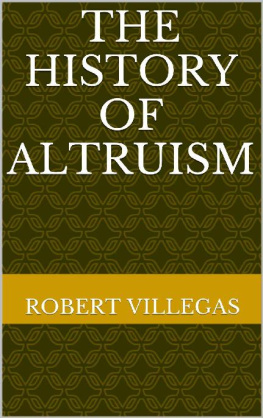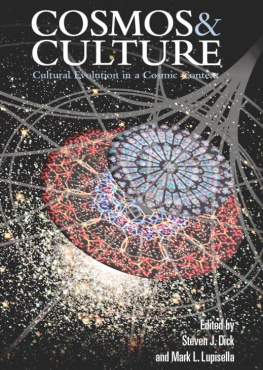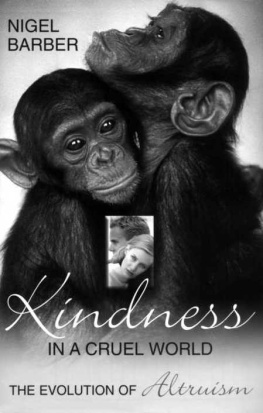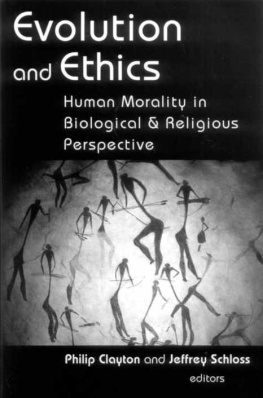Douglas A. Vakoch (ed.) The Frontiers Collection Extraterrestrial Altruism 2014 Evolution and Ethics in the Cosmos 10.1007/978-3-642-37750-1_1 Springer-Verlag Berlin Heidelberg 2014
Abstract
Drawing on many fields in the physical, biological and social sciences, the present book explores altruism and related topics such as predation, conflict, and reciprocity within the broadest possible context: the cosmos. This introductory chapter compares two opposing themes in discussions of how societies achieve great age. The paranoid theme holds that authoritarian, egotistical, self-serving societies that rely on threat, bluff and force in interstate relations will prevail. The pronoid theme holds that democratic, inclusive, and cooperative societies that are reluctant to use force achieve greater longevity. Research shows that over time, societies on Earth have accorded increasingly larger groups of people favored insider status; that authoritarian governments are giving way to liberal democracies; that democracies do not go to war with one another but rather enter into effective defensive pacts; and that across many different timescales and locations, violence of all kinds, including warfare, is on the decline. Reciprocity and win-win thinking form powerful social glue that binds diverse societies and people together. These results, which are more consistent with pronoid than paranoid expectations, hint that our own civilization may be working its way through a period of technological adolescence where the availability of dangerous technology outpaces cultural adaptations to use such technology with wisdom and restraint. After considering a few possible implications of these discoveries for the search for extraterrestrial intelligence, this chapter concludes with an overview of the rest of this book.
Introduction
As we survey life on Earth we find abundant examples of selfishness, predation, conflict and war along with equally abundant examples of altruism, cooperation, conflict resolution and peace. Altruism is generally defined as a concern for the welfare of others coupled with a willingness to make concessions of benefit to others without direct personal gain. Interest in moral and immoral attitudes and behaviors extends to the distant past and commands the attention of philosophers, theologians, politicians and diplomats. Now, as Michael Shermer () points out, science adds to the discussion.
Issues regarding war and peace, competition and cooperation, self-interest and altruism on Earth are vexing enough without concerning ourselves about the moral status of unknown and perhaps nonexistent beings. Yet, try as we may, we are strongly tempted to speculate about life beyond Earth (Finney ). This book explores altruism in the largest of all possible frameworks, the cosmos. How did altruism evolve on Earth and what are its implications for the evolution of life on other planets? What about conflict and predation? Are there universal ethics? Can we encode altruism and signal friendly intent so that they can be understood by extraterrestrial civilizations? This introductory chapter touches on each of these themes, traces possible implications for our own future and for the search for extraterrestrial intelligence (SETI), and concludes with an overview of the remaining chapters.
Stability, Peace, and Longevity
How can societies achieve great age? This question is crucial for ascertaining our own prospects for the future and for helping us understand the development and course of extraterrestrial civilizations. Any society that SETI is likely to detect is expected to be far older than our own, perhaps by many millions or billions of years (Shostak ).
This chapter explores evidence that bears on paranoid and pronoid themes in speculation about life in the universe (Finney ). From the pronoid perspective it is the inclusive, democratic and peaceful societies that endure.
In the present context, paranoia and pronoia are terms of convenience and neither implies mental impairment or an adverse psychiatric state. Paranoids worry that the universe is packed with predatory societies that could do great damage to us, while pronoids expect wonderful things from newfound friends. To some extent these views project our fears and hopes, respectively, on to imaginary civilizations (Michaud ).
Of course, right now the only place we can look for evidence is on Earth. Earth may be only one case, but it contains millions of species, thousands of cultures, hundreds of nations, and written history stretching back over 5,000 years. Does our own history provide more support for the paranoid or pronoid views? Can we identify shifts towards or away from positive social behaviors over time? Are there any reasons to suspect that evolutionary and developmental processes on Earth will be replicated in distant star systems and galaxies? This extension of my previous work (Harrison ) reaffirms that research on social inclusiveness, democracies, declining violence, non-zero sum bargaining, and reciprocity may have important implications for our own future status and what might await us if SETI succeeds.
Expanding Inclusiveness
Cosmic evolutionchange in the universe over timeis history on the largest of all possible scales (Chaisson ) traces political organization from states through five increasingly encompassing stages: systems of states, societies of states, world society, collective security, and world state. Each stage remedies the flaws in the stage that precedes it.
These shifts in the direction of larger communal and sociopolitical units have been accompanied by an increase in the numbers of people who are defined as like us and hence accorded insider or favored treatment (Shermer ). For the greatest part of human history, biological factors controlled moral sentiments and the overriding goal was to protect ones family. About 35,000 years ago, when communities formed, cultural factors came into play, and favored treatment was extended to all members of the community. The division of labor, which increased peoples dependency on one another, was integral to this process.
Modern society further expanded the size of the in-group. The end of the Cold War sparked a new wave of liberal internationalism, whose adherents view national boundaries as obstacles to peace, and seek to hold states accountable for high standards of conduct. This new wave looks beyond sovereign rights to human rights, beyond national security to human security, and beyond national interest to planetary interest (Michalak ).
Steven Pinker () identifies trends, some beginning thousands of years ago and some dating back only decades, that have contributed to expanding inclusiveness. The Pacification Process marked the beginning of the transition from hunting-gathering societies to agricultural communities with an extended sense of kinship beyond the immediate family. This stage introduced the rule of law. Next the Civilizing Process consolidated feudal societies into large kingdoms and eventually into modern nation states. The Humanitarian Revolution dates to the Age of Reason and European Enlightenment, and reduced despotism, public executions, torture, slavery, dueling, and other forms of cruelty that are considered unacceptable, even silly, today. The Rights Movement had been around a century or so before it gained momentum in the 1960s. The extension of rightsto women, to members of different ethnic and religious groups, to gays, children and just about everyone elsehas continued to accelerate since that time.

